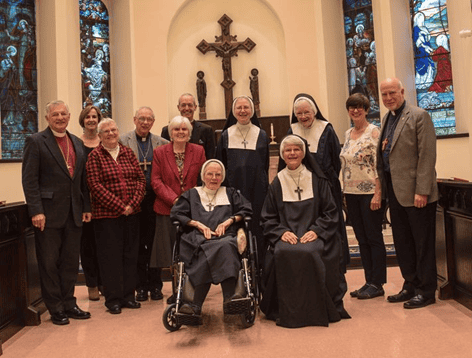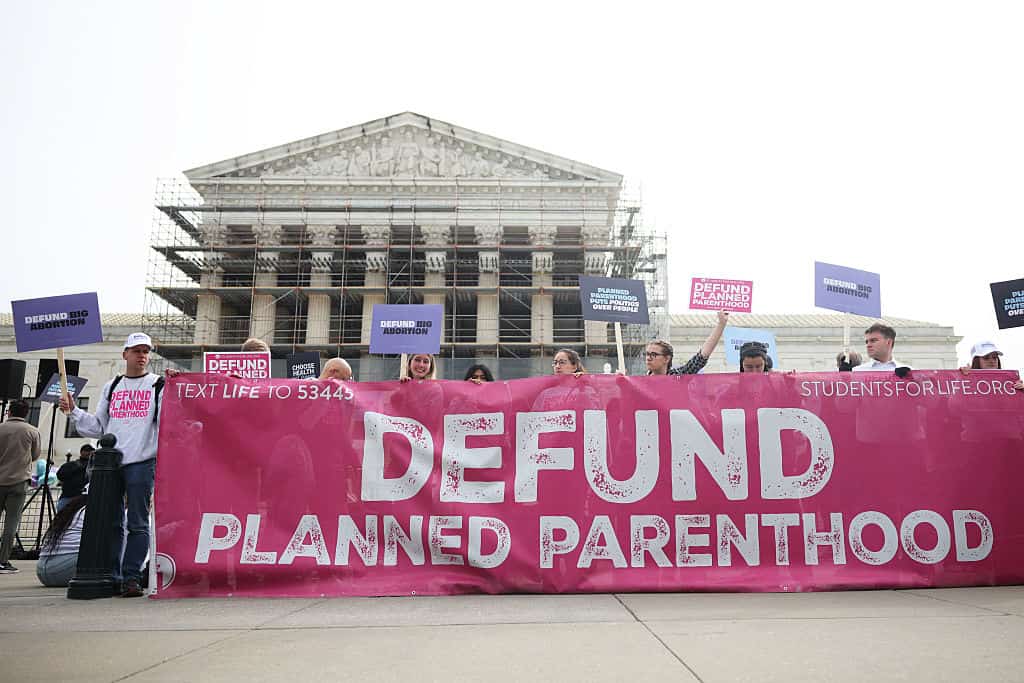South Carolina Heartbeat Bill Already Having Impact, Planned Parenthood Temporarily Halts Abortions

The Governor of South Carolina signed a Heartbeat Bill into law on Thursday, and it’s already having an effect. Planned Parenthood has temporarily halted any abortion procedures in the state, though the abortion business has already successfully petitioned the court for a temporary injunction.
“Senate Bill 1 has flown through legislative process in a matter of weeks. We have known from the beginning that this would harm people in South Carolina, and we are hopeful courts agree that this law is plainly and blatantly unconstitutional,” Planned Parenthood’s spokesperson Molly Rivera said in a statement. “We are hopeful to provide abortion care in South Carolina soon. When you restrict access to abortions it doesn’t make it less common, it only makes it less safe. People with means/financial resources will still have access in a neighboring state. The fight isn’t over. We will continue fight in the courts to make sure South Carolina can’t outlaw abortions.”
The courts heard Planned Parenthood’s first challenge at 1:00 p.m. on Friday and granted the abortion business its injunction.
At this point, no Heartbeat Bill has been able to stand up in court, but there is always hope that one will finally make its way to the Supreme Court and perhaps either overturn Roe v. Wade or at least get the court to reconsider the country’s abortion limits.
Unfortunately, the United States remains only one of a handful of countries that allows abortion at any point in pregnancy for any reason. This distinction is shared by China, North Korea and Vietnam, which are all communist nations, and others as well. It’s a sad reflection on American policy that the country has anything in common with a nation like North Korea, which continues to enslave its citizens.
Though the possibility of abortion becoming completely illegal in the United States is an uphill battle, putting more limits on abortion, like enforcing a Heartbeat Bill, is something that any reasonable American should support.
But instead of dealing with the merits of the Heartbeat Bill in South Carolina, Planned Parenthood argued in its lawsuit that more women will die because, as reported by The Seattle Times, “a high rate of women, especially African Americans, die during or immediately after childbirth in South Carolina and the abortion ban would fall hardest on low-income women, who wouldn’t be able to travel to a nearby state where abortion is still permitted.”
This argument is as solid as a block of Swiss cheese.
There is no connection that could be made between abortion and maternal mortality. One is a choice and the other is a public health problem.
The increasing maternal mortality rate in the United States, especially among minority women, is deeply concerning and must be addressed, but this idea that abortion is somehow a solution is wrong and misleading. If a woman who intended to raise her child died in childbirth or shortly afterward, how would abortion have fixed that situation?
There’s also the insinuation that a Heartbeat Bill is an abortion ban, but it isn’t. Despite the proclamations of the abortion industry, many women do report knowing that they are pregnant within that window. Even on Planned Parenthood’s website, an anonymous woman asks if she can take the morning-after pill if she’s four weeks pregnant. If “women often don’t know they’re pregnant at six weeks,” then why didn’t the Planned Parenthood “expert” express surprise that she discovered she was pregnant women most women don’t?
The Daily Citizen will continue to track this case as it makes its way through the court system.
Photo from SAM WOLFE/REUTERS
ABOUT THE AUTHOR
Brittany Raymer serves as a policy analyst at Focus on the Family, researching and writing about abortion, assisted suicide, bioethics and a variety of other issues involving the sanctity of human life and broader social issues. She regularly contributes articles to The Daily Citizen and has written op-eds published in The Christian Post and The Washington Examiner. Previously, Raymer worked at Samaritan’s Purse in several roles involving research, social media and web content management. While there, she also contributed research for congressional testimonies and assisted with the Ebola crisis response. Raymer earned a bachelor of arts in history at Seattle Pacific University and completed a master’s degree in history at Liberty University in Virginia. She lives in Colorado Springs with her beloved Yorkie-Poo, Pippa.
Related Posts

New York Ends Fight to Force Nuns to Pay for Abortions
January 27, 2026



